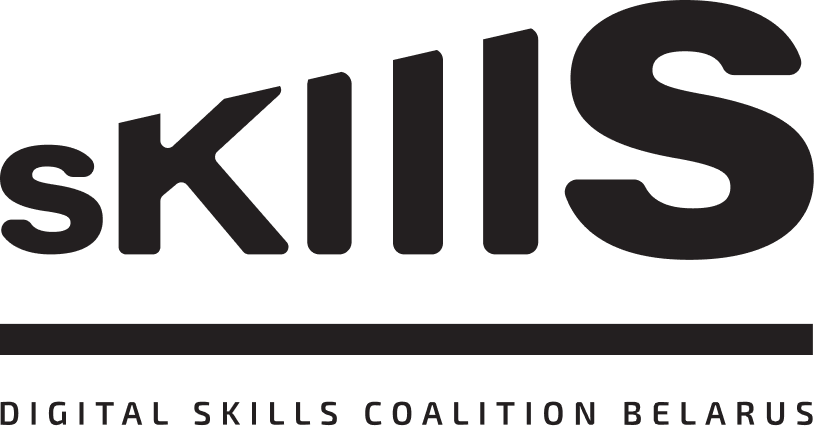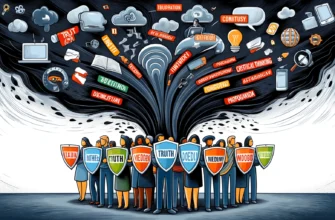On April 10, 2021, the Digital Skills Coalition Belarus held an online-talk to discuss the problem of vaccine hesitancy and the ways to solve it using communication tools and developing media literacy skills.
Vaccination against COVID-19 has become a test for the whole world. Why are people opposed to medicine in the 21st century? What are the roots of this mistrust? How is the topic of vaccination presented in the media space of Belarus and neighboring countries?
Academic research confirms that we tend to make decisions about vaccines not only on scientific facts or medical arguments, but also on social and political factors, our own experiences and moral statements. How to take into account all the factors affecting people’s decisions? Moderator and speaker Andrey Ezerin, PR specialist, presents an overview “1000 years of struggle for health. Who needs old myths?” and tells about zombie communities.
It is difficult to defeat myths with facts. However, there are some communication tools that can work. For example, personal stories, reassuring and optimistic visual materials, popular TV series that contain information about vaccination and the measures needed to stop the spread of the coronavirus infection. Maria Vinchevskaya, UN agencies consultant on public relations, talks about the history of AIDS dissidence in the world and communication campaigns that can help change attitudes, behavior or knowledge on different diseases.
Mikhail Doroshevich, media analyst and executive director of the Baltic Internet Policy Initiative research center, proposes to discuss how vaccination becomes a topic starter for factoids. How often does the topic appear in the media? What kind of news leads to the growth in the number of mentions about vaccines? How to communicate with those who speak out against vaccination?
Check the video (in Russian).


